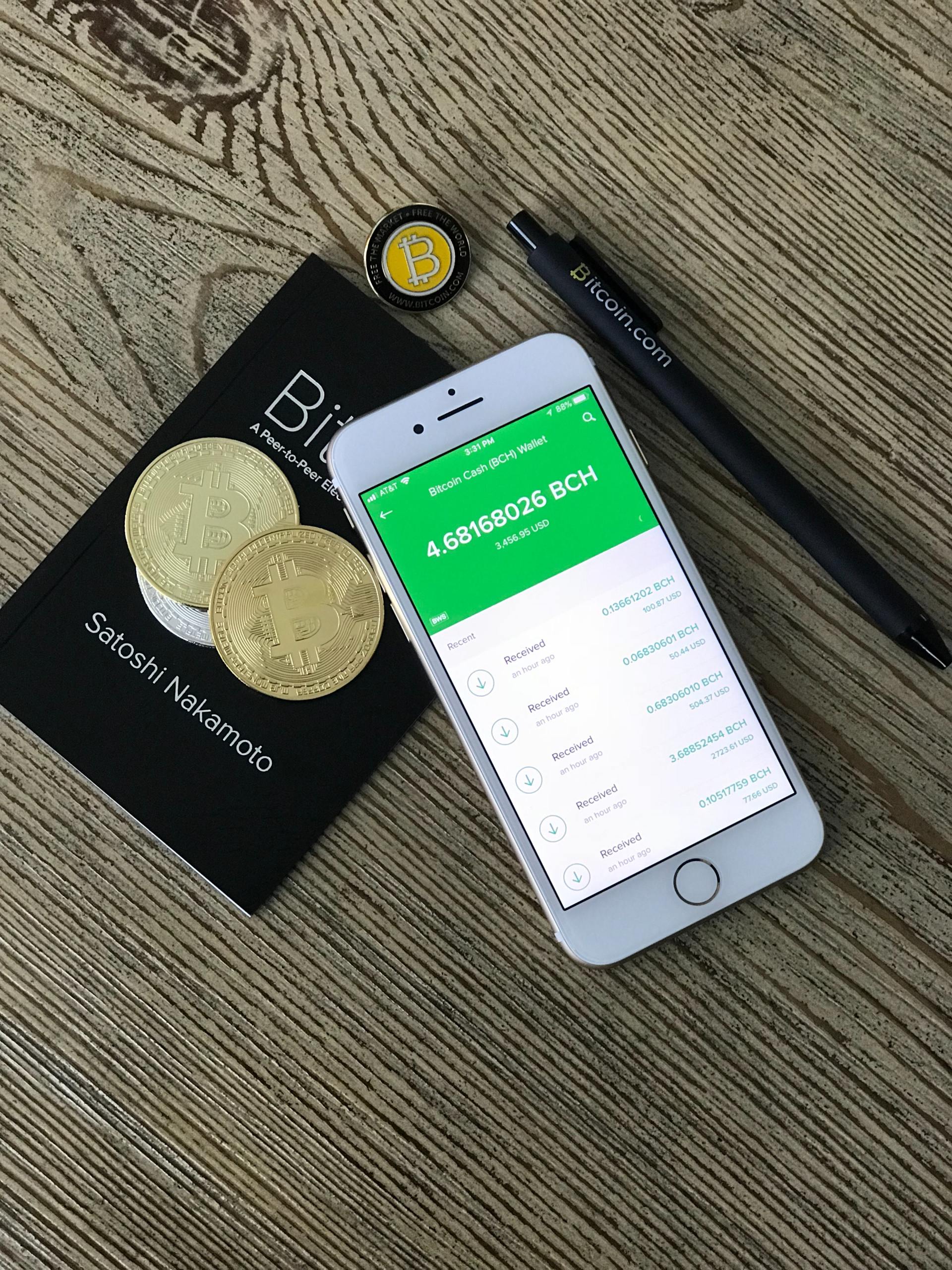Brennan Champion takes on expansion projects for PREC and focuses on growth-oriented initiatives. He strives to help PREC maximize the user experience for students and to ensure that the PREC team takes advantage of all opportunities in the market. Brennan is a recent graduate of the University of Dayton School of Law ’20 and earned his undergraduate degree from DePauw University ’17.
Bitcoin, Ethereum, NFTs for the Real Estate Industry

Title Inspections Automated Through NFTs.
Bitcoin (BTC), Ethereum (ETH), Dogecoin and NFTs have dominated social media and the world of finance in recent months. Perhaps you have heard about the blockchain, the soaring prices, and the coin that bears a dog, but have you considered the real-world applications of this evolving technology? While the blockchain alone can make the real estate market more efficient, the rise of NFTs are having an immediate impact.
What is an NFT? An NFT stands for “non-fungible token.” For simplicity, think of an NFT as a unique, one-of-a-kind, digital coin. It is completely unique and cannot be changed in the future. Due to the underlying technology, it is fixed, unalterable, and can be transferred electronically.
Think of an NFT like a unique trading card. For example, if a trading company only developed one Patrick Mahomes rookie card for distribution. This rookie card cannot be changed or altered but would carry considerable value for collectors because it is the only version available and can be tracked through a serial number. I know it seems far-fetched, but the ability to create something unique that cannot ever be altered is the driving value for NFTs.
Another way NFTs are taking shape are through art. These NFTs help track ownership to either physical or digital art and can transfer ownership through the blockchain. Let’s put this in modern terms. The Last Supper painting by Deonardo da Vinci is one of the most famous artworks in the world. There are thousands of duplicates on display, and anyone can view the painting through a simple Google search. Despite the fact that anyone can view the Last Supper painting for free, it is extremely valuable. In fact, the Last Supper is owned by Dmitry Rybolovelv, who purchased it in 2013 for just over $127mm. Although Rybolovelv is the rightful owner, Rybolovlev allows the Last Supper to be displayed at Santa Maria delle Grazie. So, to break it down, the Last Supper is an original artwork and we know the owner. If the Last Supper were an NFT, the sale would have been automated through the secure, blockchain network. The blockchain network and ledger also help establish ownership. Before, collectors had to worry about fraud, stolen items, and originality. NFTs alleviate all of these concerns because they are so secure and unchangeable. Think of NFTs as a new way to track ownership with certainty.
Now, how does this apply to real estate? NFTs can be used to show proof of ownership for housing, proof of real estate education, and anything that needs authentication. While there are many applications for the blockchain and NFTs, we are going to focus on the one that is taking shape right now: the impact on title companies. NFTs are valuable because they help display title or proof of ownership. Title companies play an integral role in real estate transactions. Title companies run searches through indexed deeds to determine whether the seller actually owns the property. Through these searches, the title company is able to ascertain who has owned the land in the past and the classification of ownership, such as fee simple absolute. Further, the chain of title and certain title defects can allow the buyer to cancel the purchase. These title defects are problematic; therefore, it is a necessary step for all real estate transactions.
Title companies thrive because the process to check on titles is rather cumbersome. Everything is indexed in the county courthouse. There are also multiple way to search for title history and there is no one definitive process. Moreover, indexing errors can lend rise to considerable issues. This essentially amounts to human error and can complicate the transaction while also driving up the related fees.
On top of the title search issues, there are exuberant costs associated with title searches. For this, I asked my colleague Bonnie Louis, a licensed Realtor, about how much her clients pay for the title search. While the costs can be allocated to either party, Bonnie typically sees the seller bear the title inspection cost, which can vary based on the ease to track down the house’s relevant, legal history. All-in-all the cost to search the title, get a title opinion, and insure the title can be in the thousands of dollars.
As with any bloated cost, technology finds a way to make processes more efficient and, in turn, dive the cost down. NFTs are the platform that solves this lengthy and costly title inspection process. If each piece of real estate is designated as an NFT, it will speed up future transactions at a fraction of the cost. The seller will always be able to prove ownership, because they physically own the NFT. Additionally, because the NFT cannot be altered, the form of ownership will be easy to determine as well. Last, the sale history will be automatically tracked through a public ledger. NFTs will essentially automate the title inspection process. However, it is important to note that while the technology to automate this process is already available, there are a number of recording laws for real estate as determined by each state’s legislature. It is unlikely that state legislatures will amend their laws to allow real estate owners to record their title through an NFT. So, for now, NFTs represent the solution to a costly service that will hopefully be embraced by politicians in the near future.
About the Author
Recent Posts




Chat With an Industry Expert

Gabbi knew that real estate was the right career from the start. She is now dual licensed in both Kentucky and Ohio. She had her first sale within a month of getting licensed and hit her first million in volume within her first 6 months. She will have her real estate license for the rest of her life. Call her anytime if you have questions about becoming a real estate agent. She loves to share her passion for real estate with others!
Let's Stay Connected
Have Questions?
Leave Us Your Info & We Will Reach Out
Sign up to our newsletter
Thank you for contacting us.
We will get back to you as soon as possible!
Oops, there was an error sending your message.
Please try again later.
Want to join the prec community?
Join our mailing list!
All Rights Reserved | Perry Real Estate College | Site by Fix8



